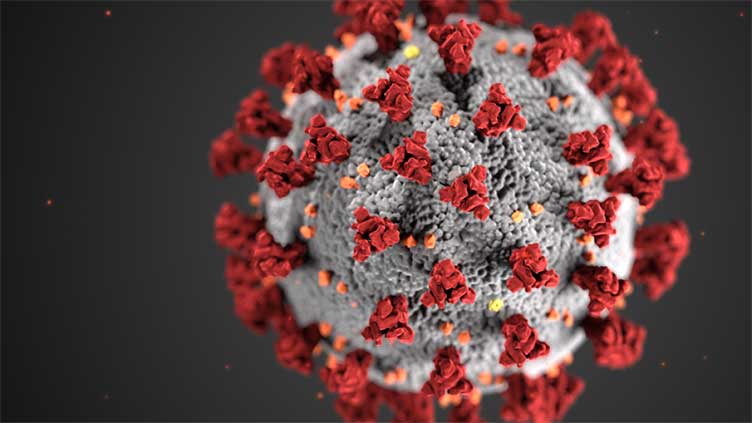No evidence remdesivir is 'killing' COVID-19 patients, contrary to social media posts

No evidence remdesivir is 'killing' COVID-19 patients, contrary to social media posts
Reuters - Recurring claims posted to social media that the antiviral drug remdesivir, used on some COVID-19 patients, leads to increased patient deaths are not supported by scientific findings so far. While the drug has faced criticism in its approval process and some studies have not found it to be effective, it has not been proven to increase mortality among COVID-19 patients.
Examples of posts making this claim can be seen (here). The claim has circulated for months online (here), (here), and fact check articles debunking it can be seen (here), (here), (here), (here) and (here).
On Oct. 20, 2020, the U.S. Food and Drug Administration (FDA) approved Gilead Sciences Inc’s antiviral drug remdesivir for treating patients hospitalized with COVID-19, making it the first drug approved for the disease in the United States. At the time, the World Health Organization (WHO) said its global “Solidarity” trial of COVID-19 therapies found that remdesivir did not have a substantial effect on patients’ length of hospital stay or chances of survival (here).
The WHO’s Solidarity trial sparked debate in the industry. More on that (here), (here), (here), (here).
On Jan. 21, 2022, the FDA expanded its approval for the use of remdesivir to treat non-hospitalized patients 12 years and older with mild-to-moderate COVID-19 disease and high risk of hospitalization (here).
The drug has come under scrutiny. In October 2020, Science magazine published an article detailing how the FDA had approved the antiviral without having a meeting of expert advisers, and how the European Union signed a contract with its manufacturer without being aware of the WHO’s Solidarity trial results (here).
Studies of remdesivir’s effectiveness in treating high-risk COVID cases continue. In April of this year, Reuters reported a remdesivir trial for hospitalized patients failed to show a benefit in randomized controlled trials (here).
In five European countries, researchers studied 843 COVID-19 patients who were hospitalized between March 2020 and January 2021 and who needed oxygen or machines to help with breathing. Two weeks after patients had received either Gilead Sciences’ antiviral remdesivir - sold as Veklury - plus standard of care or standard of care alone for up to 10 days, there was no difference between the groups in signs of improvement.
While trials have shown mixed results for remdesivir’s effectiveness at improving patient outcomes, they have not shown the antiviral worsens outcomes, or kills patients at a higher rate than a placebo, as social media posts claim.
A National Institute of Allergy and Infectious Diseases trial, for example, showed slightly higher deaths among the group taking placebo instead of remdesivir (see section 20, “Secondary Outcome”) (here).
WHO’s Solidarity trial found essentially equal rates of death among patients given remdesivir (602 of 4146 patients) and those in the control group (643 of 4129) (here).
It is also worth noting that remdesivir has been recommended for patients with high risk of hospitalization, meaning its recipients are at risk of being more severely affected by COVID-19, and more likely to die as a result of the disease. More on conditions that put certain patients at higher risk of severe COVID-19 illness (here).
VERDICT
No evidence. Available trials data on remdesivir do not show the drug kills patients at a higher rate than seen with placebo. While results for the antiviral drug’s effectiveness at improving patient outcomes are mixed, there is no evidence to support social media claims that remdesivir is increasing patients’ mortality.

